An unassuming building in Vienna’s third district houses not only the headquarters of the liberal ruling party, Neos, but also some other companies that appear on the finance ministry's list of front organizations. In addition to the Neos party headquarters, two temporary tenants have been identified as having significant influence in Ukraine: GRV-Grain and Davo. In 2023, the finance ministry classified both as front companies. The former deals in agricultural products, while the latter leases aircraft, and both bear a striking resemblance to the Ukrainian Prometey Group, the business empire of entrepreneurial grain trader Rafae Goroyan.
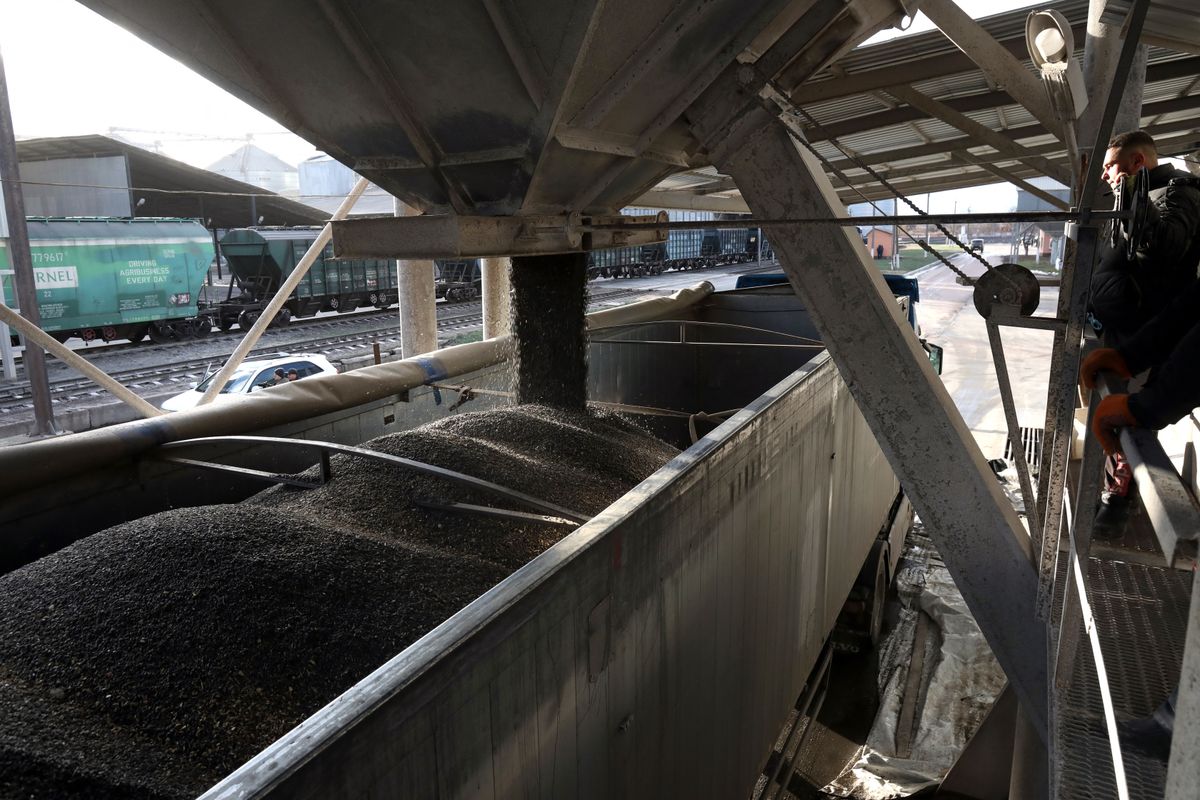
As is known, a front company is an economic entity that does not actually operate within the given legal framework, has no employees, and does not engage in commercial activity.
An Oligarch Well-Known on the Ukrainian Market Behind the Scenes?
The Armenian-born businessman exports more than a million tonnes of grain annually. His company has participated in exports to the Middle East and Africa, facilitated by the United Nations World Food Programme and the United States Agency for International Development (USAID). According to several Ukrainian media outlets, he is one of the country’s largest grain traders and made headlines last year due to tax disputes worth millions of dollars—at least according to Der Status. His name has appeared in reports about ominous corporate networks that have been illegally exporting Ukrainian grain while avoiding taxes since the outbreak of the Russia-Ukraine war. These reports mention more than 80 suspicious Ukrainian firms, many of which also have branches in Western Europe.
Exactly where they claim to be "working for the future," there is growing evidence of a network with extraordinary political and economic implications—especially in light of Foreign Minister Meinl-Reisinger’s recent statements.
Gigantic Scandal, Imported from Ukraine, Looms on the Horizon
During her visit to the Ukrainian capital, Kyiv, Meinl-Reisinger made a grand announcement that Austria intends to buy grain from Ukraine to distribute it to impoverished Middle Eastern countries — without providing further details.
According to the FPO, this is not a humanitarian gesture but could be part of a scheme serving other interests. The timing of the deal and the proximity of the front companies to the Neos offices raise serious questions, which the FPO is now investigating with great urgency.
Ms. Susanne Furst, the FPO’s foreign affairs spokesperson, pointed out that while Austria is burdened with record levels of debt and taxes, millions are being allocated for questionable foreign aid. In a parliamentary inquiry, she demanded clarification on several key points:
What is the true nature of the grain deal? Which countries will receive the shipments? What is the connection between Meinl-Reisinger and the companies allegedly linked to Goroyan? And who accompanied the minister on her trip to Kyiv?
The FPO also intends to use parliamentary questioning to determine the high costs associated with the state visit, the role of the “special reconstruction commissioner” announced by Meinl-Reisinger, and the timeline for the additional five million euros pledged for demining operations in Ukraine.
For now, it remains unclear how far the latest scandal surrounding Ukrainian grain will escalate and what new evidence might emerge. However, according to the Austrian Freedom Party, nothing should remain hidden.
During her visit to Ukraine, Austria's foreign minister responded to the FPO’s ongoing criticism in public media, asserting that she consistently represents Austrian interests. However, the FPO argues that Ms. Meinl-Reisinger is trampling on Austria’s neutrality by taking a stance in favor of continuing the war.
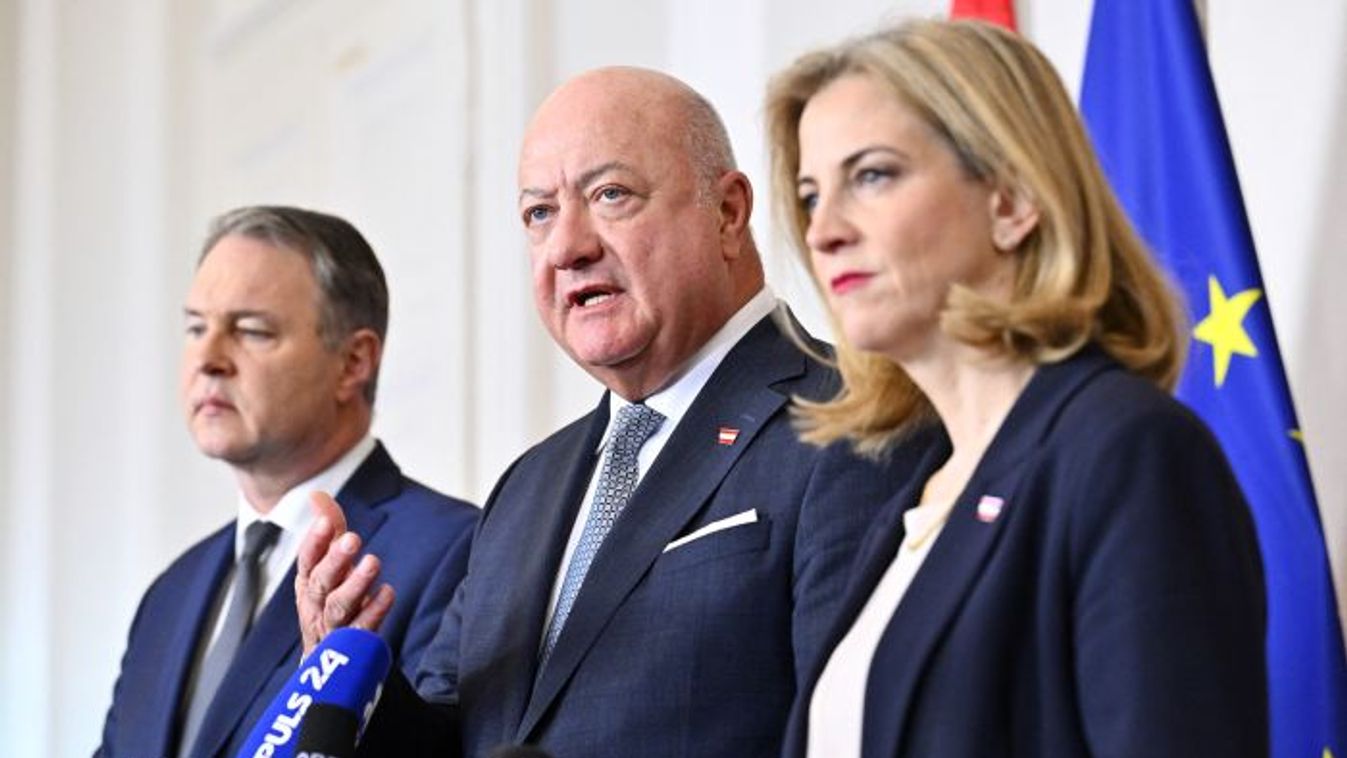
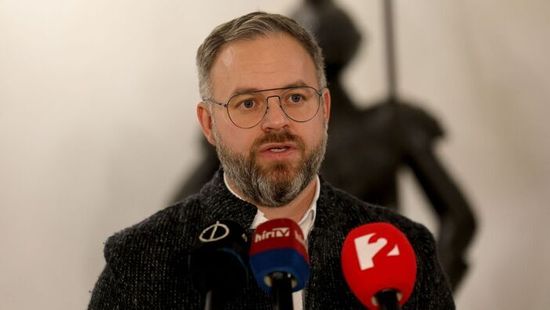
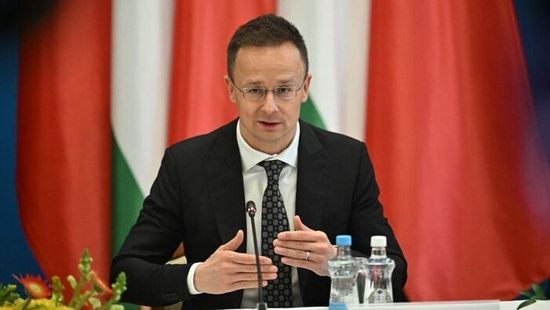
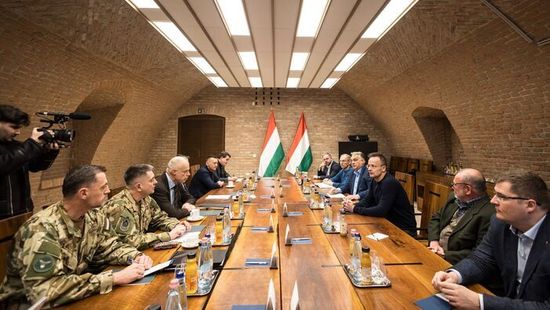



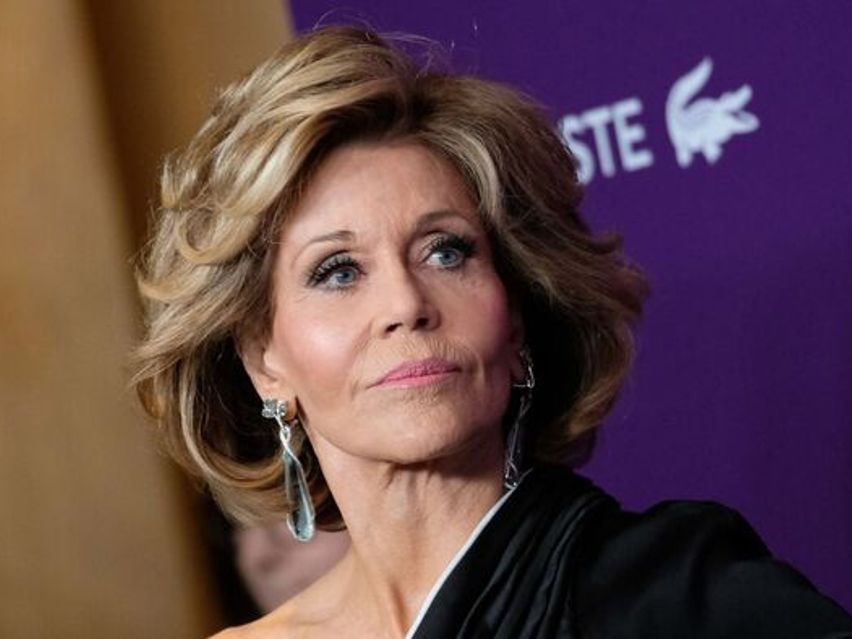
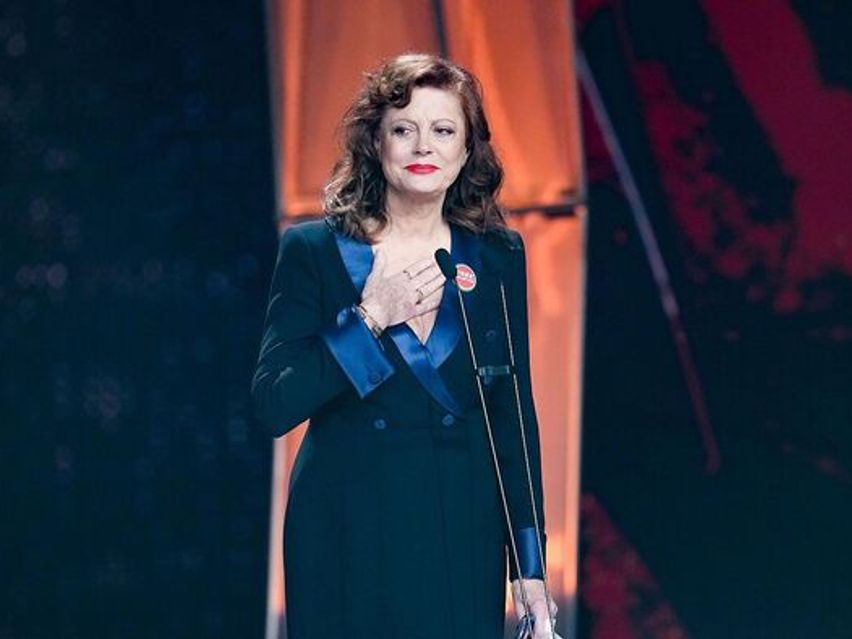
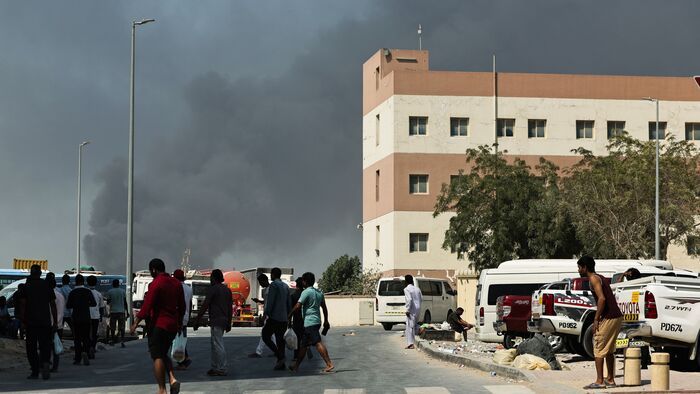

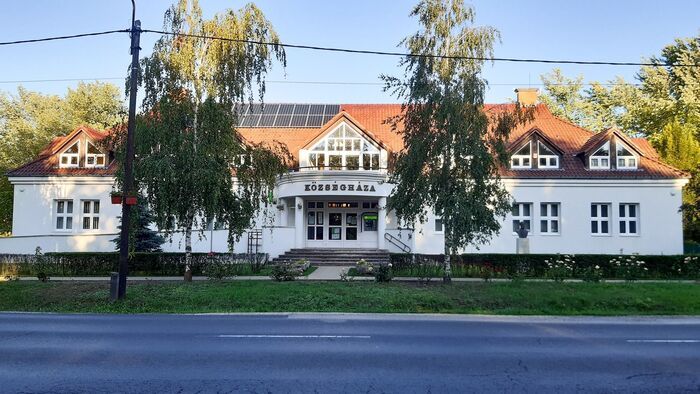
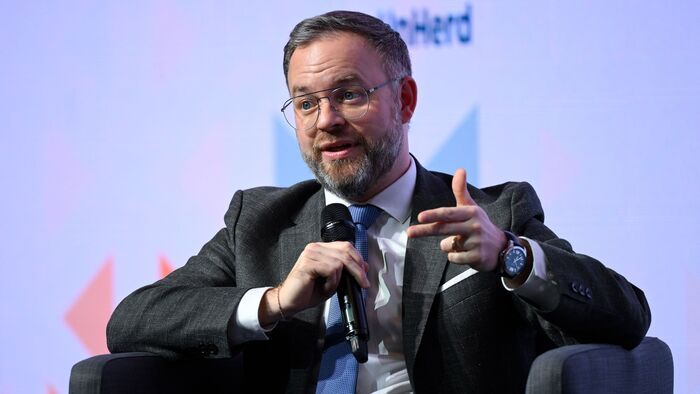
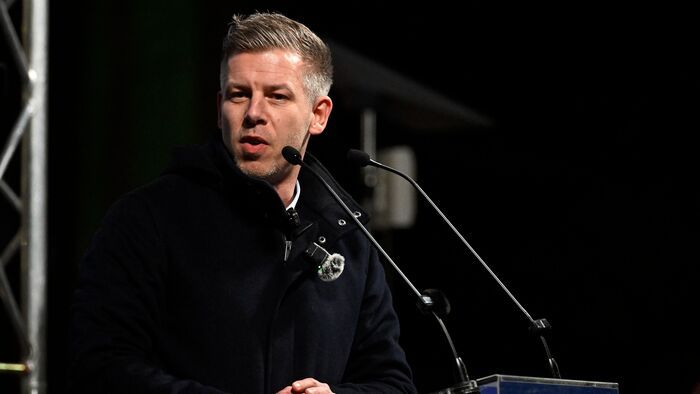
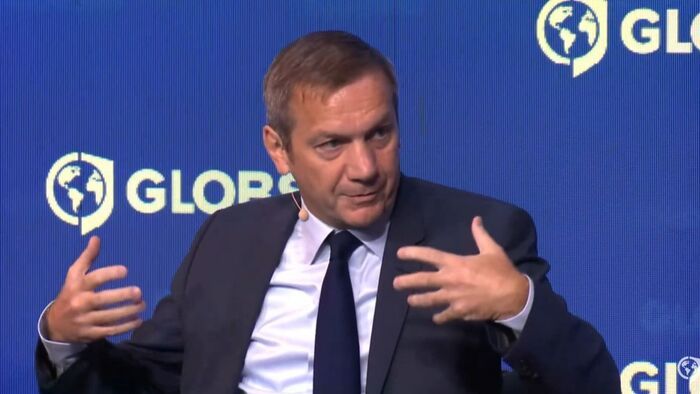

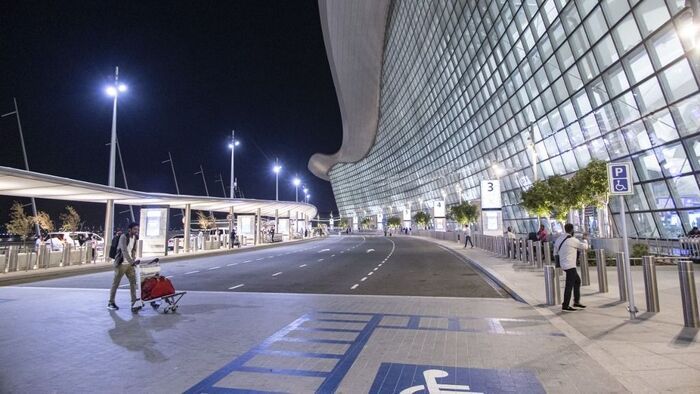
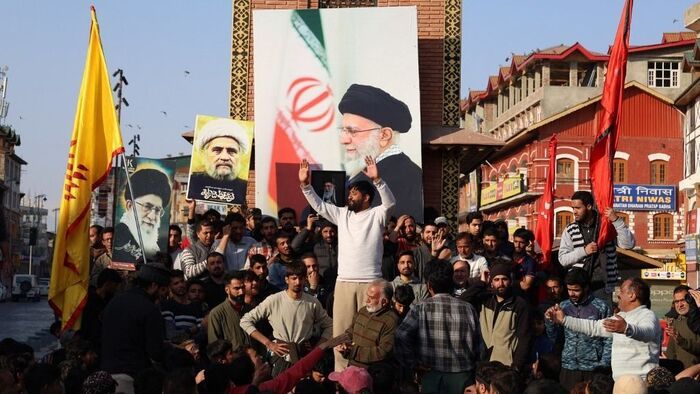



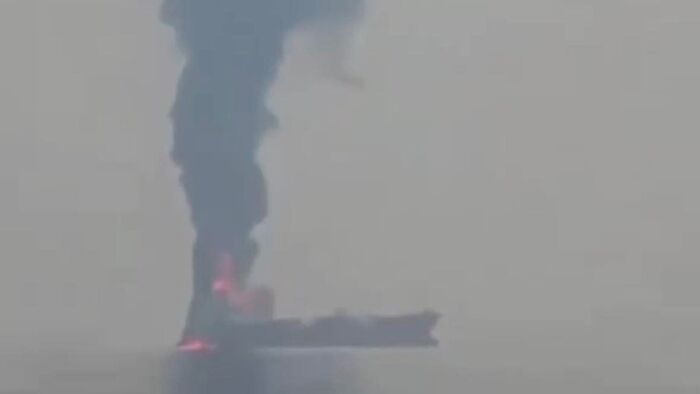

Szóljon hozzá!
Jelenleg csak a hozzászólások egy kis részét látja. Hozzászóláshoz és a további kommentek megtekintéséhez lépjen be, vagy regisztráljon!